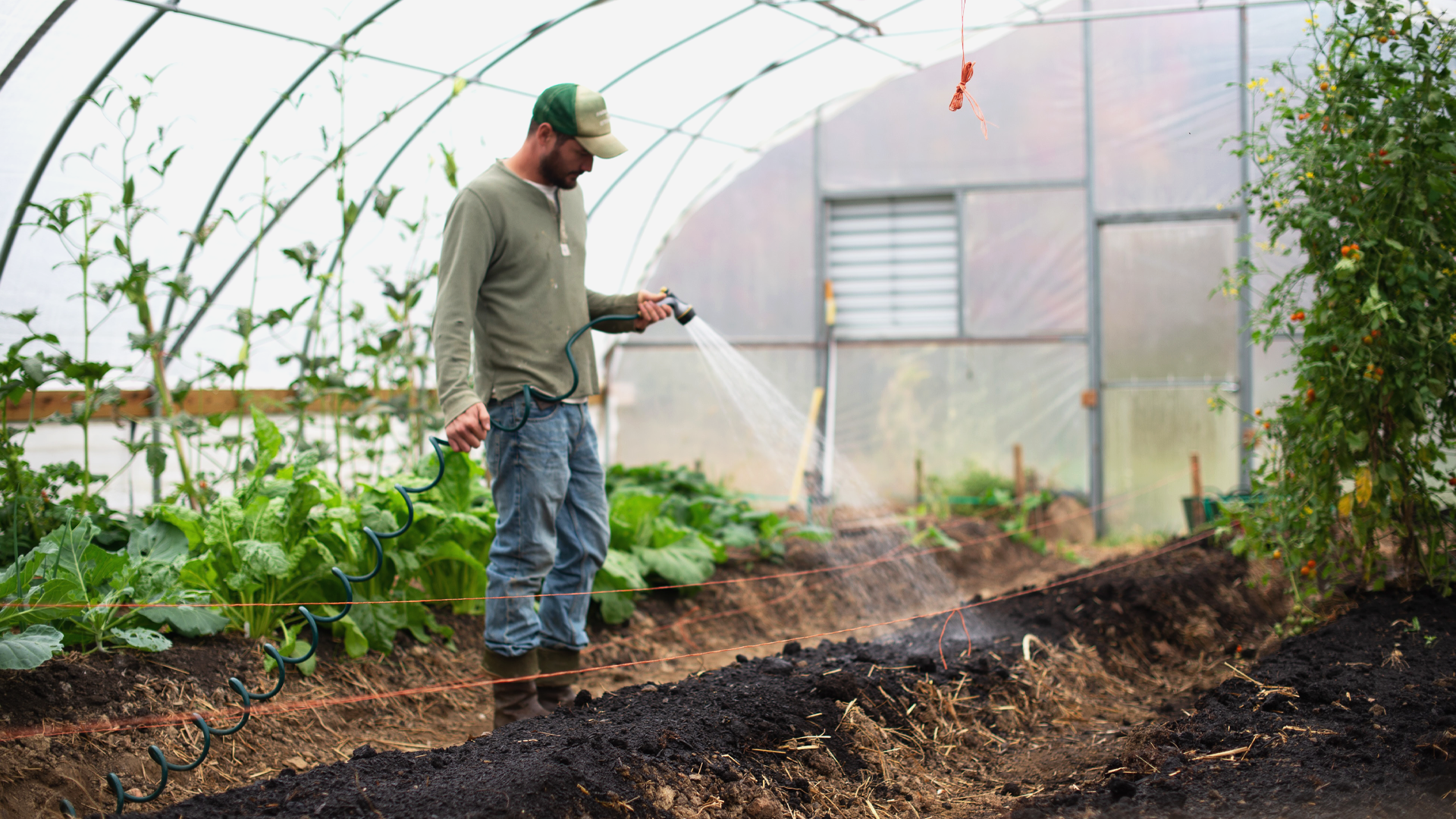The people who pick and ultimately provide your fruit and veg are being gravely exploited by their employers. But what can we do to change it?
The UK has a tendency to pride itself on fair wages and progressive working conditions. But just like our self-proclaimed status as an economic power-house, these statements are increasingly becoming works of fiction.
Nowhere are the UK’s exploitative working conditions more evident than in the farming industry – which, ironically, has long been held up as a pillar of Britishness.
An investigation by Vice Media last week found that migrant farmers in the UK are being forced to live in squalid conditions, many of them cramped in freezing caravans that cost more per square foot than a London flat.
Vadim Sardov, a 24-year-old farmer who travelled to Britain from Kazakhstan in 2022, said that his caravan fell to just 8C. Four people were living there and paying up to £60 a week for electricity.
Conditions like this put individuals at risk of hypothermia. Farmers like Vadim have become ill under the strain of their cold and damp environment, but employers aren’t sympathetic.
Vadim’s manager told him to tape up the vents in his caravan with packing tape, and when this didn’t work, he was told he could ‘return to Kazakhstan’ if he wasn’t happy.
Data from Works Rights Centre, a charity advocating for the rights of migrant workers in the UK, found that people like Vadim aren’t alone, either.
Their accounts revealed a scheme where workers are often housed in unsafe and unsanitary conditions with fewer protections than ordinary tenants.
Each year, thousands of people come to the UK from countries like Nepal, Indonesia, and Ukraine, to work on a six-month agricultural visa. The scheme was launched after Brexit caused a widespread labour shortage in 2019.
Angel, a former farm worker from South Africa, shared a similar experience to Vadim. She was forced to work in extreme heat during the summer of 2022, picking around 100-150kg of strawberries every day.
While the produce picked by workers like Angel end up in our favourite supermarkets – from Lidl, to Co-op, to Tesco – those on the ground are force to work without toilet breaks, in brutal weather conditions, all while being punished for talking to one another.
Across the board, workers have criticised the UK’s post-Brexit seasonal worker scheme as a springboard for racism and mistreatment.




















